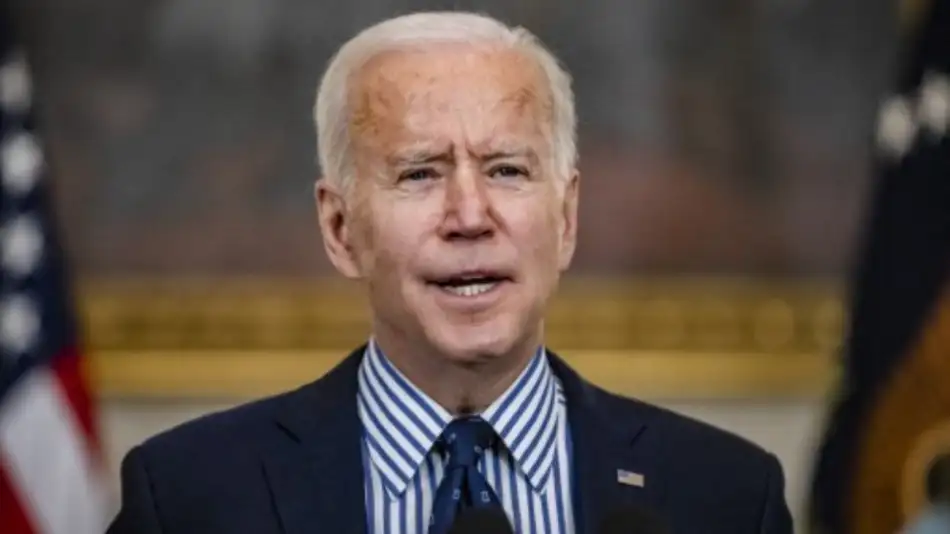
A reading on President Joe Biden’s decision to withdraw American troops.
Last week, President Joe Biden announced that he would withdraw American troops from Afghanistan on Sept. 11, 2021. This choice of date is significant, since it marks the 20th anniversary of the 9/11 attacks in 2001. As Biden said, “We went to Afghanistan because of a horrific attack that happened 20 years ago, but that cannot explain why we should remain there in 2021.”
As far as foreign policy is concerned, this may be the single most important decision taken in Biden’s first year. But although it is the continuation of a process started by Donald Trump, it comes as the result of a complex combination different factors and, of course, entails several risks.
One of the determining factors that led to this important decision is the fact the United States has to focus on the needs of its citizens. The funds needed to wage costly “forever wars” could be redirected to ensure the well-being of the population and greater economic equality among American citizens. The funds are also needed to to fight the pandemic. These two issues were part of Biden’s campaign platform. American foreign policy should be built around the needs of Americans; regarding the home front, the United States should strive to reduce the extreme polarization that the Trump administration promulgated.
However, although Biden’s priorities are domestic, this does not mean the president is disregarding external threats and the prospect of reclaiming the position of world leader for his country. This can be clearly seen in the strategic struggle with China and Russia. In fact, last week, tensions rose between Beijing and Washington regarding the issue of Taiwan, in the ever unstable Indo-Pacific region. Meanwhile, Russian troops are dangerously close to the Ukrainian border, and Ukraine has called for help and possible intervention by NATO. Furthermore, let us not forget that Kyiv could start developing its nuclear capabilities any time.
The withdrawal of American troops from Afghanistan reduces the number of possible focal points for international conflict. At the same time, it allows the United States to concentrate on the Eastern European and Indo-Pacific theaters. It also opens the door for internal criticism in Afghanistan, and gives the Taliban the opportunity to advance on Kabul, as well as giving other regional actors the opportunity to act. Although NATO expects to withdraw its troops before the United States does, Turkey has called for a peace conference by the end of this month, inviting the Afghan government, the Taliban and other international actors. For its part, Russia has warned about an escalation of hostilities in Afghanistan, since the United States has not kept to Trump’s date of withdrawal.
In this context, it is clear that the United States has very little room to act; what is more, that opening is becoming smaller every day.

Leave a Reply
You must be logged in to post a comment.